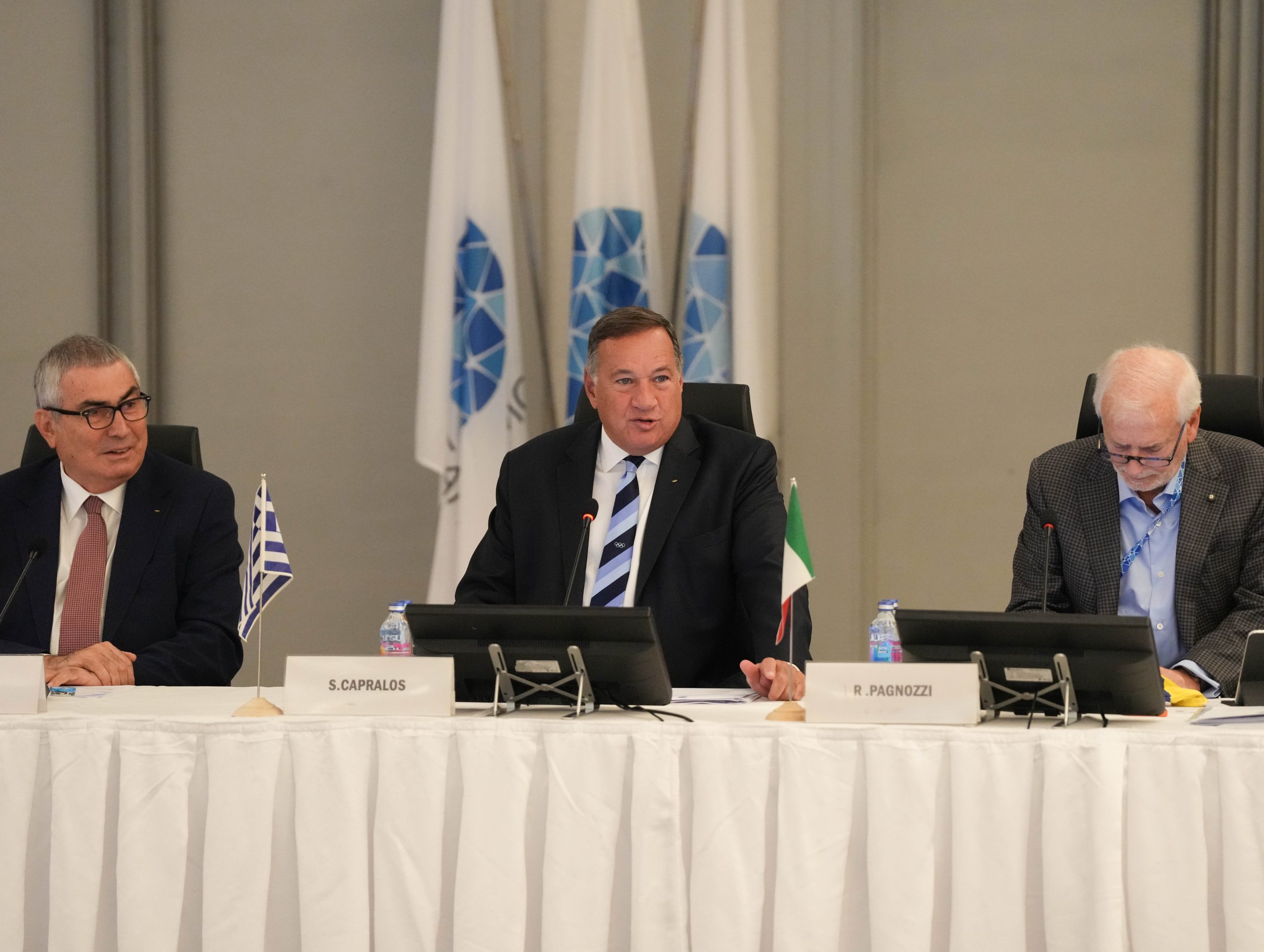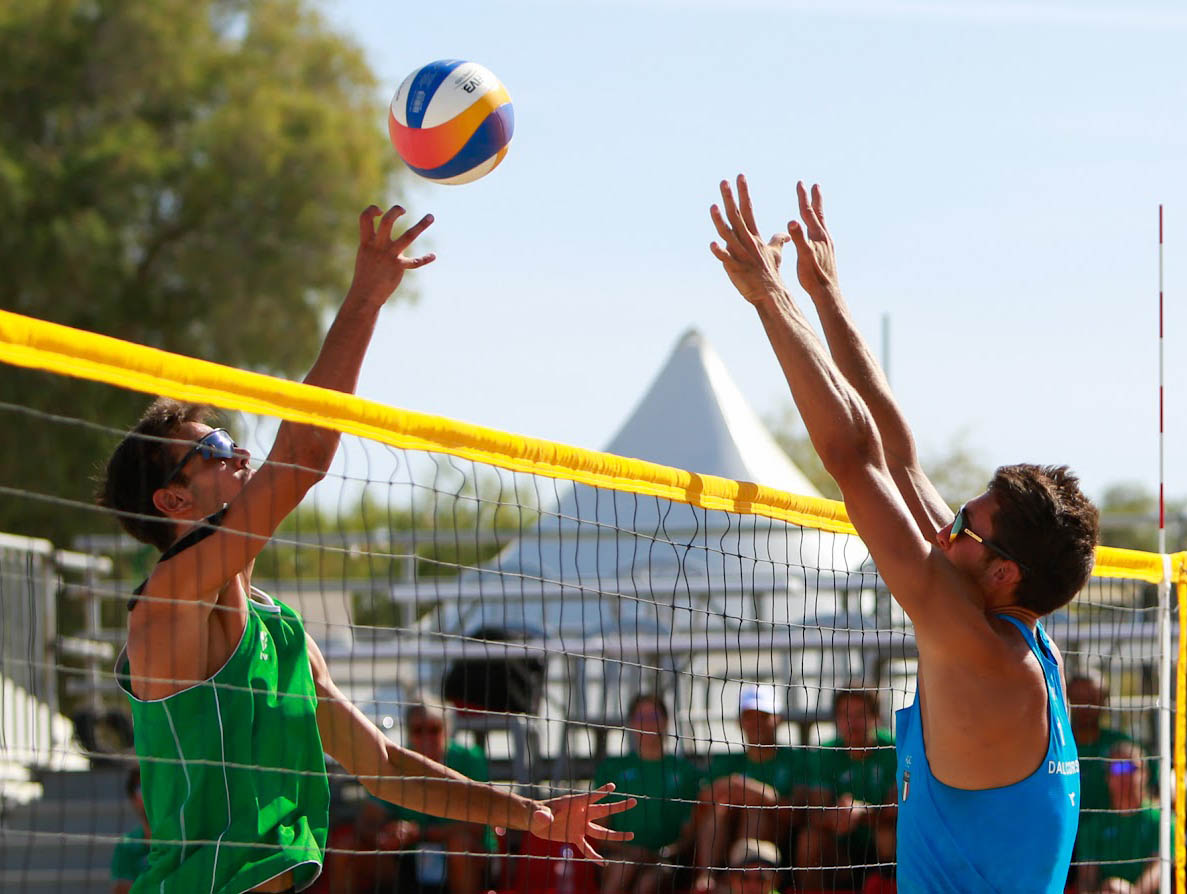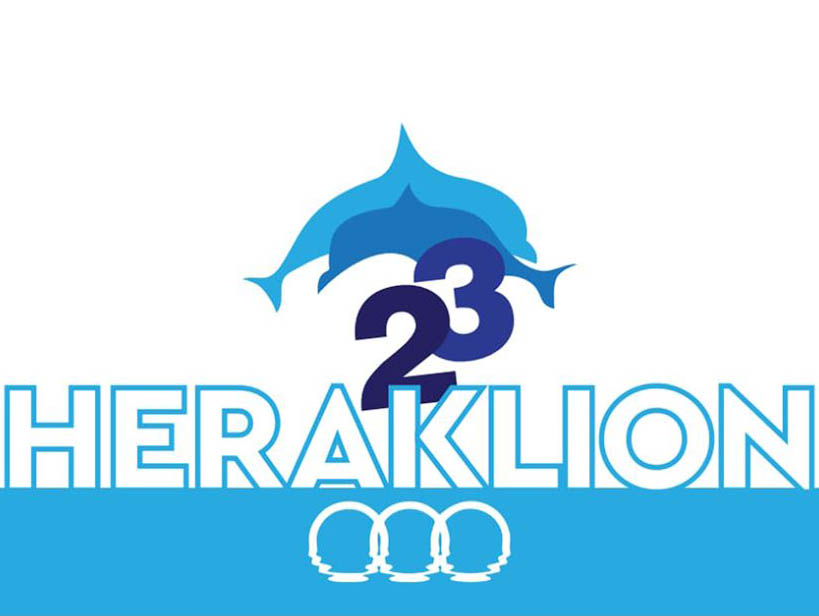1. ECJ Ruling in the Case of Arsenal FC vs Matthew Reed
In its Ruling of 12.11.2002 the ECJ conceded that the Arsenal Football Club (Arsenal FC) was right, and that it can prevent the use of its trademark by third parties, if this use restricts the guarantee of origin for the goods. The circumstance that this use can be understood as an expression of support, loyalty or belonging in respect of the brand owner does not restrict this principle.
In this the Court followed the final motion of the Advocate-General. (On this, see Monthly Report June 2002)
Background:
In the immediate neighbourhood of Arsenal’s football stadium, Mr Reed has been selling copied fan items with the protected trademark and emblem of Arsenal FC for years. The English football club sued Matthew Reed among other things for trademark infringement before the High Court of Justice, which transmitted the case to the ECJ in May 2001 for the purpose of a preliminary ruling procedure.
In its Ruling the Court of Justice referred to the fact that the major function of a trademark consists in guaranteeing the actual origin of a good or service. This guarantee of origin can only be safeguarded if the trademark is protected against third parties that want to exploit the position and reputation of the trademark for commercial purposes. Although during sales Mr Reed referred on a poster to the fact that it was not a matter of original goods, the Court did not exclude a danger of confusion in respect of the origin of the goods for the fans of Arsenal FC.
2. Call in the Area of Equal Rights for Women and Men
The Employment and Social Affairs Directorate-General of the European Commission is calling for the submission of proposals for projects that have the goal of equal rights for women and men. The call is based on the decision of the Council to set up an action programme concerning the Community strategy for equal rights for the time period from January 1st 2001 to December 31st 2005.
With this call cross-border exchange actions for the promotion of equal rights of gender are supported which are concerned with passing on information, experience and proven procedures, and in which several actors from at least three countries are participants. Applications can be made by NGOs and social partners at European level, transnational networks of regional or local authorities and organisations that are involved in the area of equal rights of gender. The total support amounts to 4.5 million ?. The projects selected will be supported with a minimum of 250,000 ? and at most 500,000 ? up to an amount of 80% of the costs. The remaining 20% must be raised by the applicant or its partners in the form of money contributions. The final deadline for sending in project proposals is March 14th 2003.
http://europa.eu.int/comm/dgs/employment_social/tender_en.htm
3. Conference on the Social Dialogue in the Area of Sport
The Conference “Preparing for a Social Dialogue Committee in the Sport Sector” on 5-6 November 2002 in Brussels was the final part of the project of the same name, which was initiated by the “European Network of Sport Science, Education and Employment” (ENSSEE) and its department “European Observatoire of Sport Employment” (EOSE) and supported by the European Commission. The core objective of the project was to create the conditions for a social dialogue and to investigate or uncover possibilities for supporting a corresponding committee.
In addition the strategies and policies of the European Commission in regard to the social dialogue were clarified and “good practices” of other sectors as well as the pushing ahead of the social dialogue at national level were presented. The creation of a common basis for employers and trades unions for the development of the social dialogue at European level was considered the core objective of the conference.
With a view to the future the definition and the structure of the sport sector were discussed in order to be able to create an institutional framework for the social dialogue in Europe. For the beginning of the social dialogue a working programme is meant to be implemented. A so-called “Technical Development Group” will prepare the application for EU support money (deadline is February 2003). Following that a meeting of a task force is planned in April 2003, which is meant to prepare the actual conference (end of 2003).
4. Public Consultation
The European Commission has started a broadly structured public consultation for the development of the new European programmes in the areas of general and vocational education and youth. After the current considerations, as from 2007 the existing programmes Socrates, Tempus, Leonardo da Vinci and Youth are meant to be replaced by a higher-level programme.
With the help of the consultation the Commission would like to form a comprehensive overview of the needs, objectives and desires of those people who have to do with the areas of general and vocational education and youth at European level. The results of this consultation will enter into the proposals for new programmes that will be worked out by the Commission in the next year.
A document which discusses the priorities up until now and the objectives of the education programmes that have been achieved, and raises questions for the future, will serve as the basis for the consultation.
http://europa.eu.int/comm/education/newprogconsult/index.html
Interested parties are asked to share their opinion with the Commission by 28 February 2003.

















